June 23, 2025 /SemiMedia/ — The Irish government has unveiled its national semiconductor strategy, branded as “Silicon Island,” with plans to build three wafer fabrication facilities and an advanced packaging center by 2040 to expand its capabilities in analog and mixed-signal semiconductor technologies.
Aligned with the EU Chips Act and Europe’s Digital Decade roadmap, the initiative targets the development of a robust domestic ecosystem spanning wafer production, packaging innovation, and workforce expansion. The plan includes one state-of-the-art fab, two mature-node foundries, and a next-generation packaging facility to reduce Europe’s reliance on overseas manufacturing and to accelerate the innovation of analog, PMIC, RF front-end, and MEMS chips.
Ireland already hosts more than 130 semiconductor companies, generating €13.5 billion in annual exports and employing over 20,000 workers. The “Silicon Island” strategy aims to build on this foundation, projecting the creation of 34,500 new jobs in semiconductor R&D, manufacturing, and advanced packaging.
The government intends to establish a semiconductor advisory council comprising industry leaders, academic experts, and policymakers to foster startups and SMEs through structured financing, pilot production access, and commercialization pathways.
R&D efforts will prioritize analog process technologies, test methods, and packaging innovations. In parallel, Ireland will launch a national skills initiative to assess and address talent demands for analog, mixed-signal, and power management engineering roles.
By combining infrastructure investment, talent development, and strategic R&D, Ireland seeks to position itself as a key player in Europe’s semiconductor autonomy and to transform the region from an analog technology consumer into an innovation hub for next-generation analog and hybrid chip solutions.

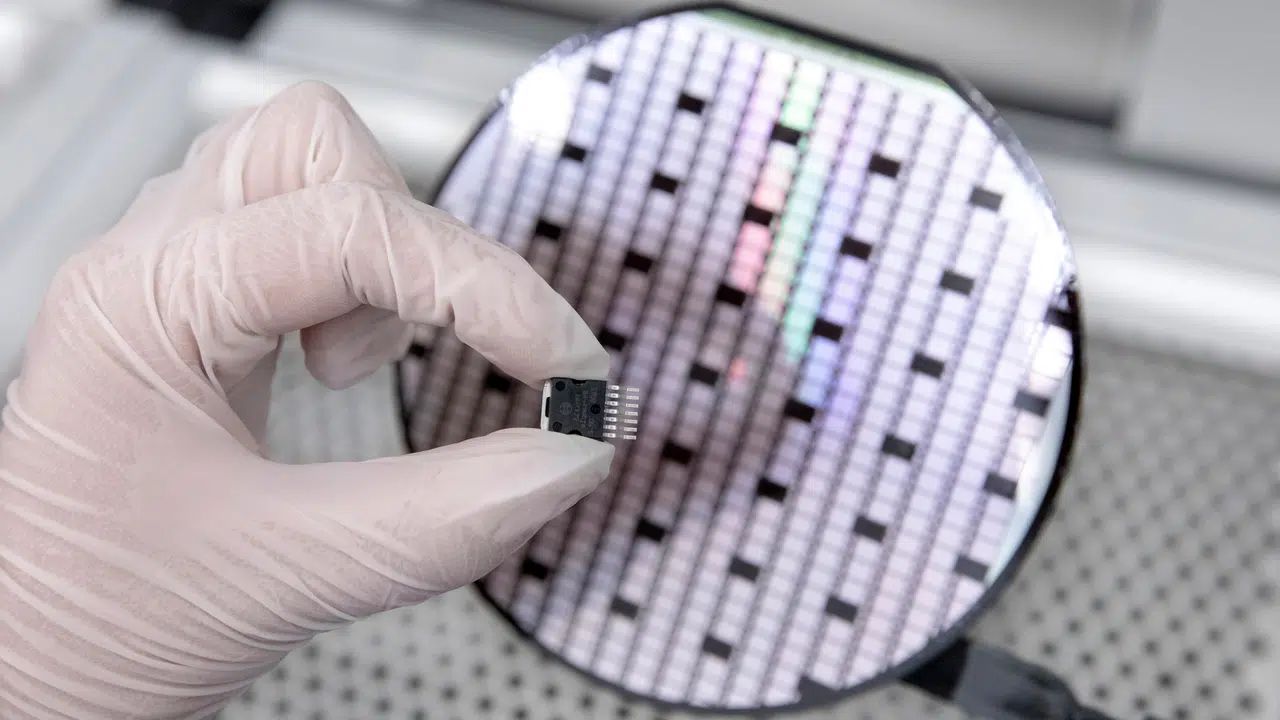




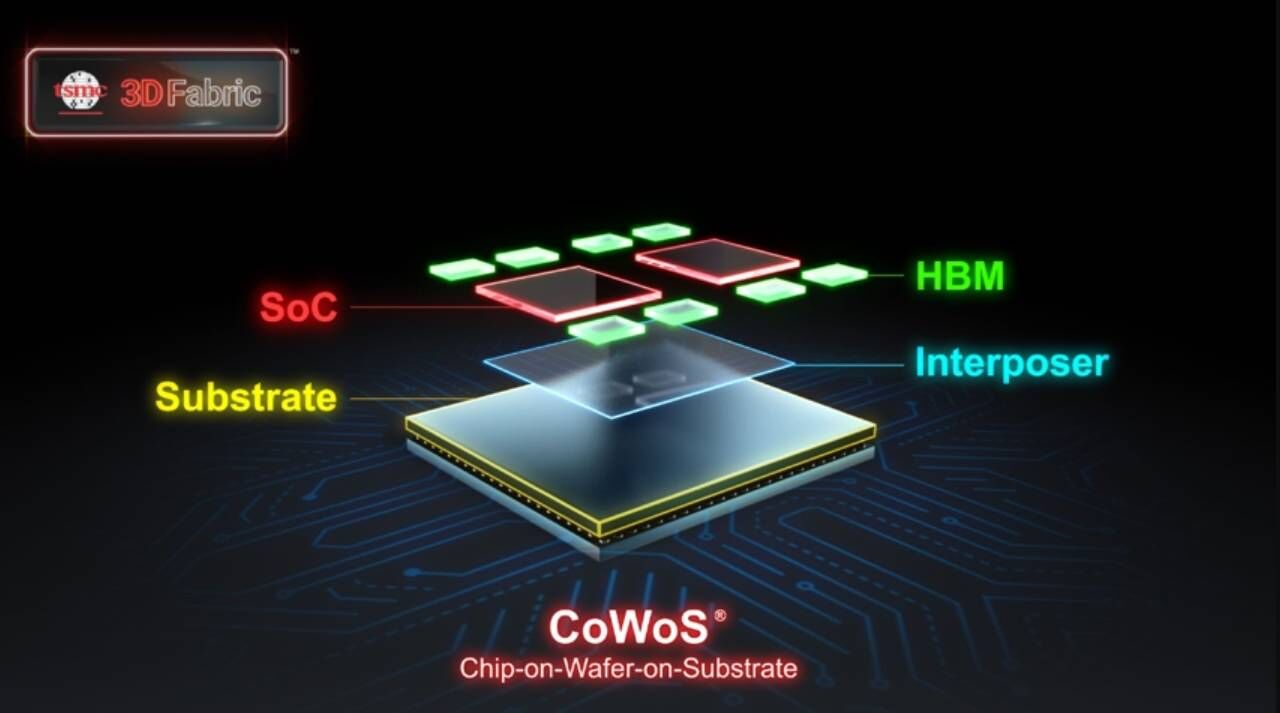

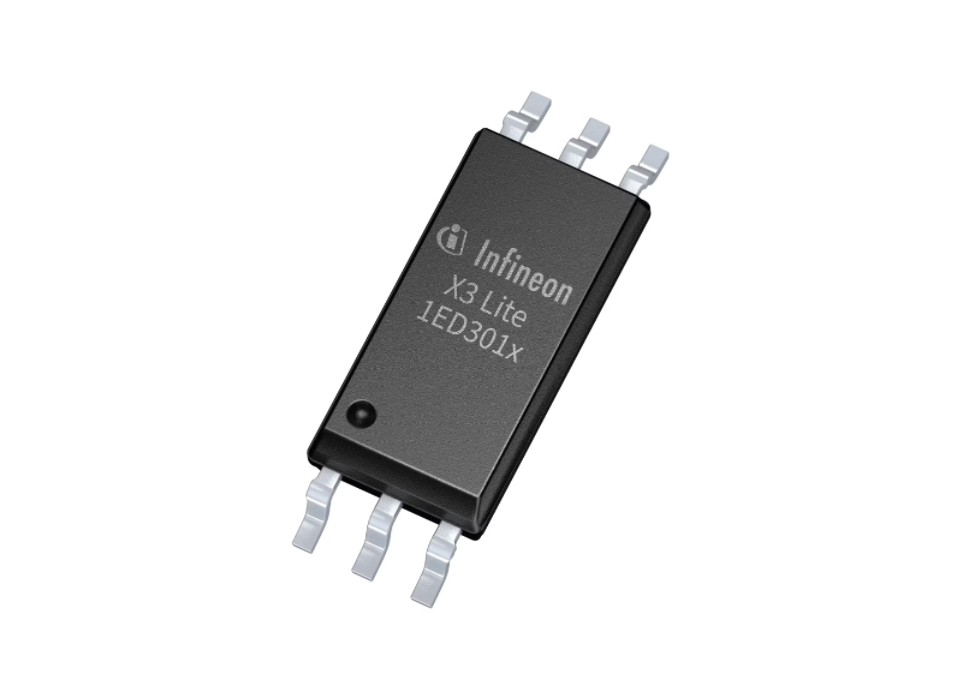
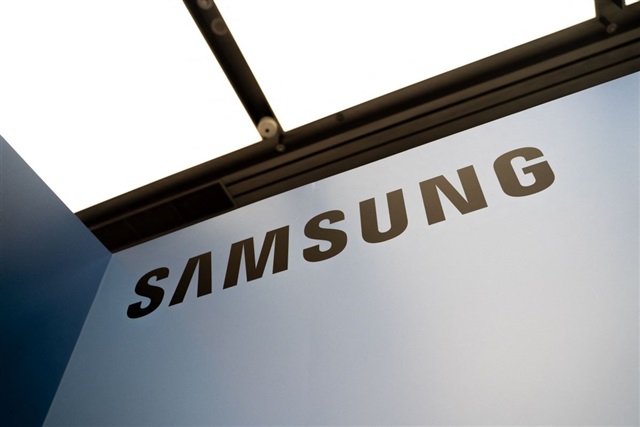

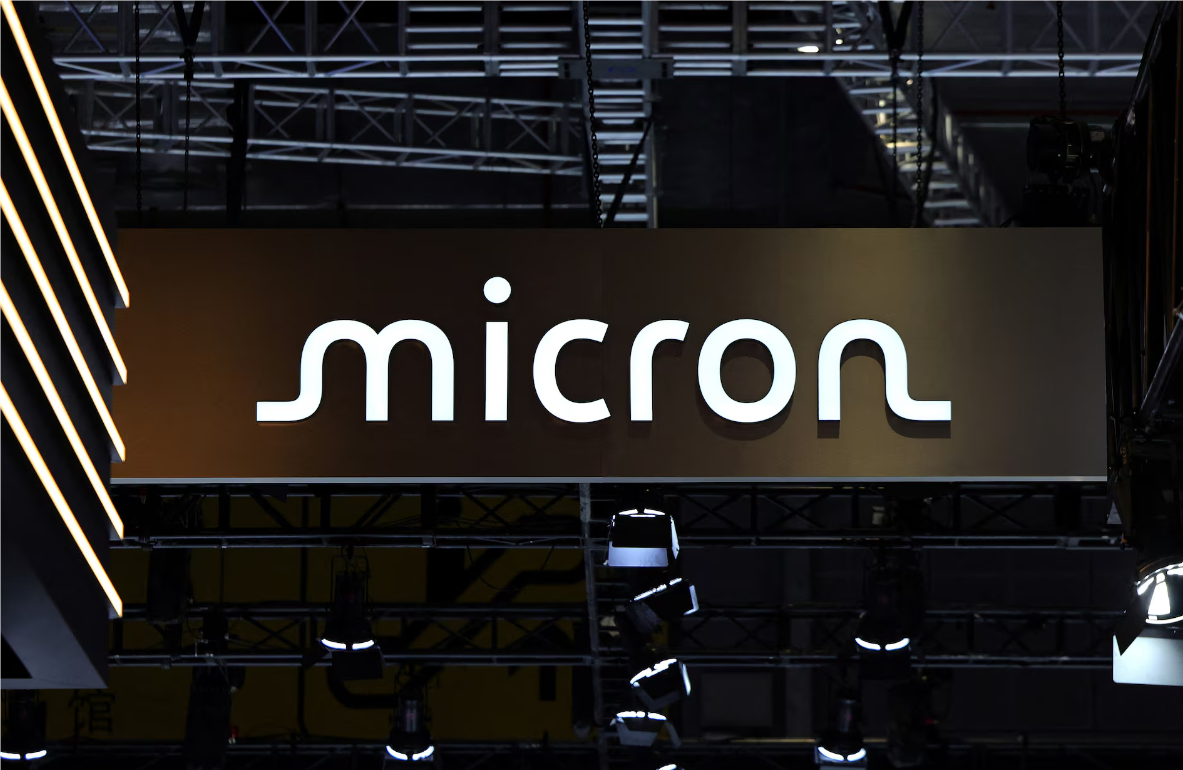
All Comments (0)